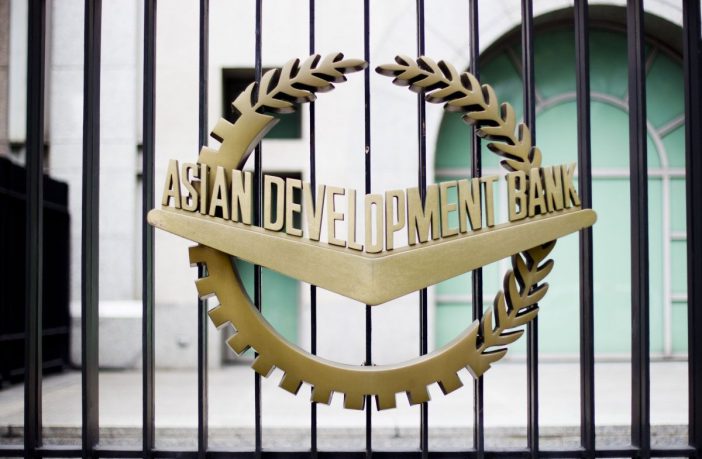The Asian Development Bank has allocated $200 million to Georgia: where the funds will go
Asian Development Bank approved a loan for Georgia in the amount of 200 million dollars. The money will be used to restore the economy, which had weakened considerably during the pandemic. The funds were allocated under the program from ADB, which implies comprehensive measures to help Georgia reduce the negative impact of the coronavirus on public health and the country’s economy.
The bank notes that the government has shown good results in fighting the pandemic. Thanks to timely programs introduced, Georgia managed to stabilize the situation and prevent the intensive growth of illnesses. However, such measures have affected the country’s economic and financial spheres, which now need support. In addition, there are problems with tax revenues, which have decreased significantly. In turn, government spending has increased, as an anti-crisis program has been added to traditional deductions. The tourism industry, which was an important item in budget revenues, was in decline, and the holiday season was extremely weak.
The Georgian government signed an agreement with a number of international organizations to seek their help in overcoming the crisis. Under those agreements, the country is to receive $5.5 billion in loans. The funds will be disbursed over the course of 2020-2024.
Last year the government’s foreign debt totalled $7.3 billion, or 58% of its GDP.

In November 2020, subsidies for utilities were introduced to support the population in Georgia. The aid is designed for the cold season, when the amount of resources used for heating is increasing. Thanks to the government program, a family that used up to 200 kW of electricity and 200 cubic meters of gas a month received a subsidy to pay for utilities. Water also got under the pressure of lower payments.
Such activities were conducted as part of the third phase of the strategy to address the economic crisis, which was a consequence of the pandemic and quarantine restrictions. In March, the Georgian government decided to introduce strict measures to prevent an outbreak of disease. At that time, a lockdown was declared, which entailed serious rules for the population. The situation was aggravated by a shortage of masks, and panic prevailed in the country. Over time, quarantine restrictions changed to milder ones, and the number of cases did not exceed the values expected by the authorities. However, a second wave could not be avoided, as in the rest of the world, and by autumn Georgia had registered new outbreaks of the pandemic. In October, an anti-record was observed in the country, with the number of cases per day exceeding 1,200 people.




